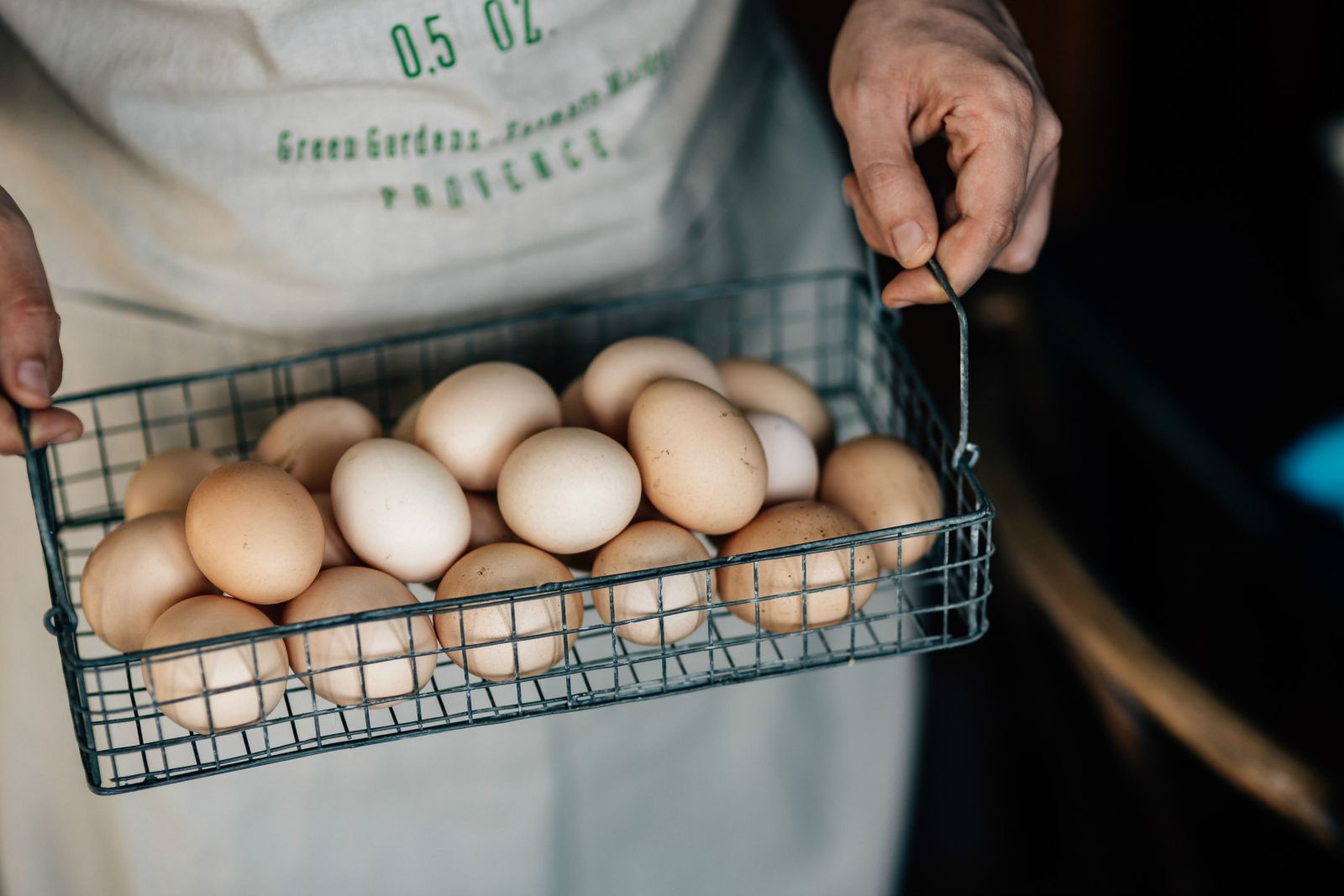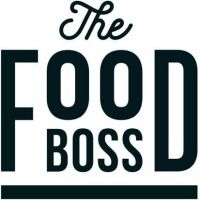
Working not only as a nutritionist, but also as a fitness coach means my exposure to the misinformed is way above average. And protein ranks high on the agenda.
The challenge that has faced us for some time now is how to ensure that fitness professionals approach nutrition with their clients in the right way. Currently exercise professionals have the choice to complete additional training in the area of nutrition, which in the majority of cases is a course run face to face or via e learning. With nutrition being a constantly changing area of scientific research, this is barely enough time to cover the basics, and even with a three-year degree under my belt, endless learning is still part and parcel of keeping up to date. But with the fitness world being ultimately responsible for building beautiful bodies, surely this is ample qualifications and knowledge to advise clients on how to eat well…isn’t it?
No….it’s not, and I question whether we are putting consumers at risk by not having enough nutrition support within the fitness bubble?
Walk into any exercise establishment and you’ll spot a protein shake in someone’s hands within seconds, followed by a vending machine stocking more of the same and a selection of brightly coloured, poorly branded protein bars. The new circuit of boutique gyms (particularly in London) all sell protein shakes post workout at anywhere between £5 and £8 a go. Many contain protein powder, nut milk and some form of nut butter, and it’s likely that your protein intake from this alone is well up there with the total daily recommendations (55g for men and 45g for women for the average person). And then there’s the huge number of calories that these contain, with many people then going on to eat breakfast straight after.
The fact of the matter is that most people who consume a balanced diet don’t need protein supplementation, or any additional protein intake. The problem lies in a lack of understanding as to what a balanced diet actually is. With restriction of some foods (especially carbohydrates) being so common, there is a tendency to over compensate by increasing our consumption of others. Add to this our innate nature and want for something new, and the protein market has had the opportunity to boom in recent years. After all it doesn’t look or sound as good to go home and mix up a post workout shake, than order one at the gym to have in your hand as you finish you final set or bicep curls.
And when it comes to marketing protein, the use of elite athletes for promotion may be impacting the general public’s perception of its effects. I am still constantly advising clients of mine that after their 45-minute gym session they don’t need a “sports drink”, even though some of their favourite athletes, footballers, runners and F1 drivers can be seen drinking them on television. This is years after the sugar content in sports drinks has been high on the agenda, so how long will it be until the true effects of protein supplementation will be experienced by the general public?
The main thing to remember is about protein is that it simply cannot be stored, so what your body doesn’t use for cell building and repair will be lost the next time you go to the loo. If you want to find out if you are consuming adequate protein, then speak to a qualified nutritionist or dietitian, they’ll give you the low down. And as for your personal trainer, general eating healthy eating advice is within their remit, but anything further is not. After all you wouldn’t get legal advice from your mechanic would you?
Want a simple alternative to your gyms £8 protein shake? A smoothie made up of the ingredients below will provide you with a perfectly adequate 20g of protein, as well as being a good source of fibre, carbs and one of your 5 a day. And more than that, it also makes a great breakfast.
2 tsp flax seeds, 200ml semi skimmed milk, 100g of Greek yoghurt, 1 x medium banana, 2 tsp of chia seeds and 2 tsp of desiccated coconut and a handful of spinach.
